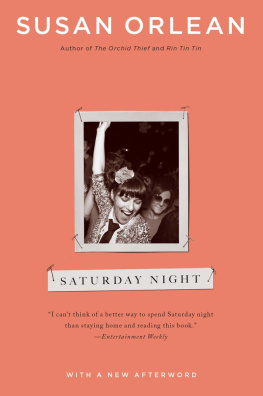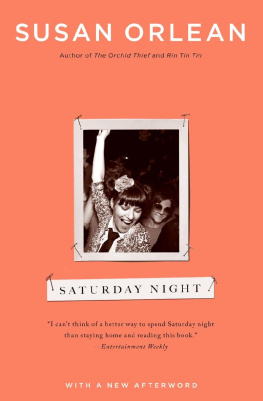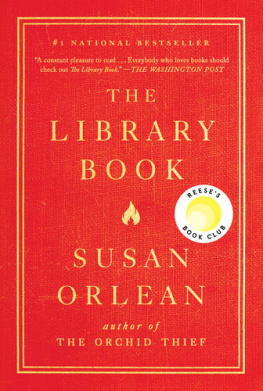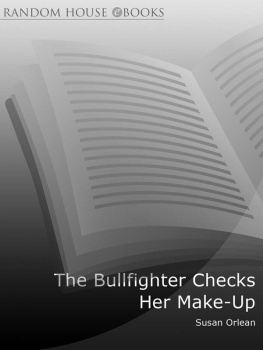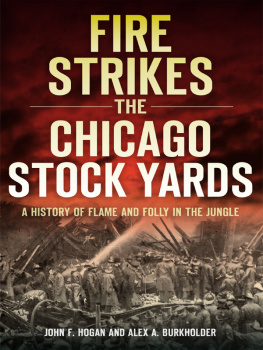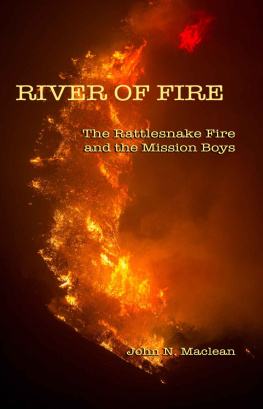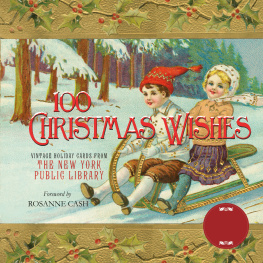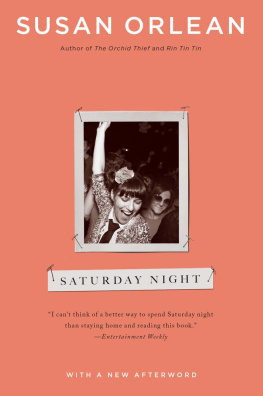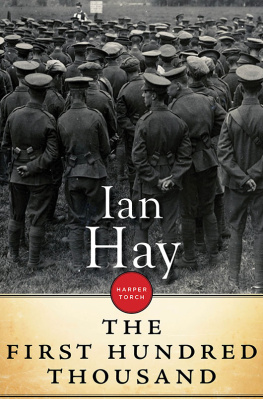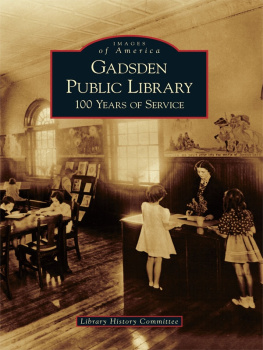Susan Orlean - The Library Book
Here you can read online Susan Orlean - The Library Book full text of the book (entire story) in english for free. Download pdf and epub, get meaning, cover and reviews about this ebook. year: 2018, publisher: Simon Schuster, genre: Detective and thriller. Description of the work, (preface) as well as reviews are available. Best literature library LitArk.com created for fans of good reading and offers a wide selection of genres:
Romance novel
Science fiction
Adventure
Detective
Science
History
Home and family
Prose
Art
Politics
Computer
Non-fiction
Religion
Business
Children
Humor
Choose a favorite category and find really read worthwhile books. Enjoy immersion in the world of imagination, feel the emotions of the characters or learn something new for yourself, make an fascinating discovery.
- Book:The Library Book
- Author:
- Publisher:Simon Schuster
- Genre:
- Year:2018
- Rating:3 / 5
- Favourites:Add to favourites
- Your mark:
The Library Book: summary, description and annotation
We offer to read an annotation, description, summary or preface (depends on what the author of the book "The Library Book" wrote himself). If you haven't found the necessary information about the book — write in the comments, we will try to find it.
CAPTIVATINGDELIGHTFUL. Christian Science Monitor* EXQUISITELY WRITTEN, CONSISTENTLY ENTERTAINING. The New York Times* MESMERIZINGRIVETING. Booklist(starred review)
A dazzling love letter to a beloved institutionand an investigation into one of its greatest mysteriesfrom the bestselling author hailed as a national treasure byTheWashington Post.
On the morning of April 28, 1986, a fire alarm sounded in the Los Angeles Public Library. As the moments passed, the patrons and staff who had been cleared out of the building realized this was not the usual fire alarm. As one fireman recounted, Once that first stack got going, it was Goodbye, Charlie. The fire was disastrous: it reached 2000 degrees and burned for more than seven hours. By the time it was extinguished, it had consumed four hundred thousand books and damaged seven hundred thousand more. Investigators descended on the scene, but more than thirty years later, the mystery remains: Did someone purposefully set fire to the libraryand if so, who?
Weaving her lifelong love of books and reading into an investigation of the fire, award-winningNew Yorkerreporter andNew York Timesbestselling author Susan Orlean delivers a mesmerizing and uniquely compelling book that manages to tell the broader story of libraries and librarians in a way that has never been done before.
InThe Library Book, Orlean chronicles the LAPL fire and its aftermath to showcase the larger, crucial role that libraries play in our lives; delves into the evolution of libraries across the country and around the world, from their humble beginnings as a metropolitan charitable initiative to their current status as a cornerstone of national identity; brings each department of the library to vivid life through on-the-ground reporting; studies arson and attempts to burn a copy of a book herself; reflects on her own experiences in libraries; and reexamines the case of Harry Peak, the blond-haired actor long suspected of setting fire to the LAPL more than thirty years ago.
Along the way, Orlean introduces us to an unforgettable cast of characters from libraries past and presentfrom Mary Foy, who in 1880 at eighteen years old was named the head of the Los Angeles Public Library at a time when men still dominated the role, to Dr. C.J.K. Jones, a pastor, citrus farmer, and polymath known as The Human Encyclopedia who roamed the library dispensing information; from Charles Lummis, a wildly eccentric journalist and adventurer who was determined to make the L.A. library one of the best in the world, to the current staff, who do heroic work every day to ensure that their institution remains a vital part of the city it serves.
Brimming with her signature wit, insight, compassion, and talent for deep research,The Library Bookis Susan Orleans thrilling journey through the stacks that reveals how these beloved institutions provide much more than just booksand why they remain an essential part of the heart, mind, and soul of our country. It is also a master journalists reminder that, perhaps especially in the digital era, they are more necessary than ever.
Susan Orlean: author's other books
Who wrote The Library Book? Find out the surname, the name of the author of the book and a list of all author's works by series.

